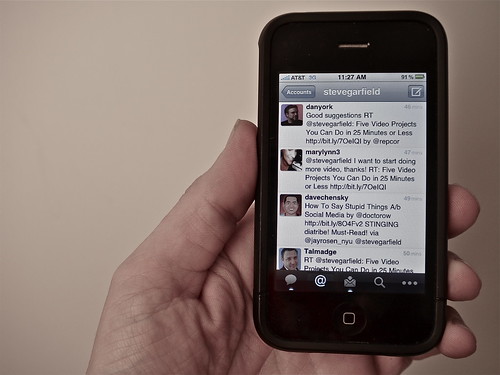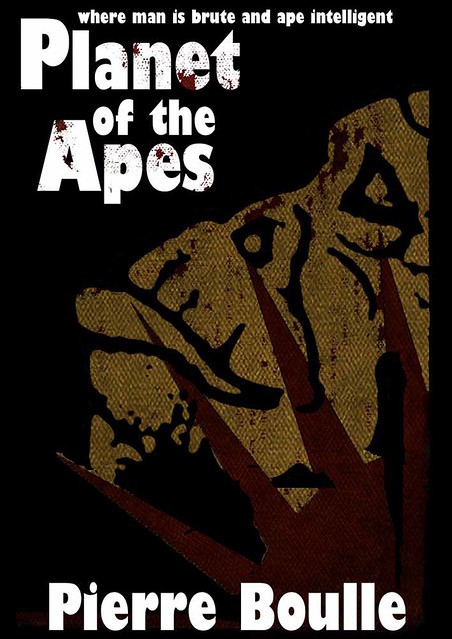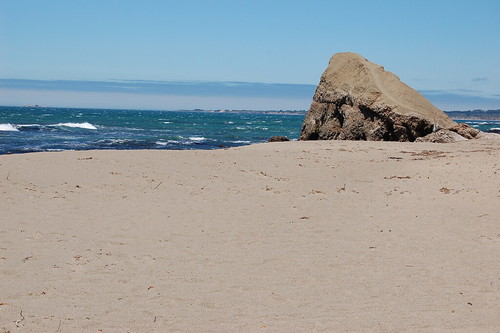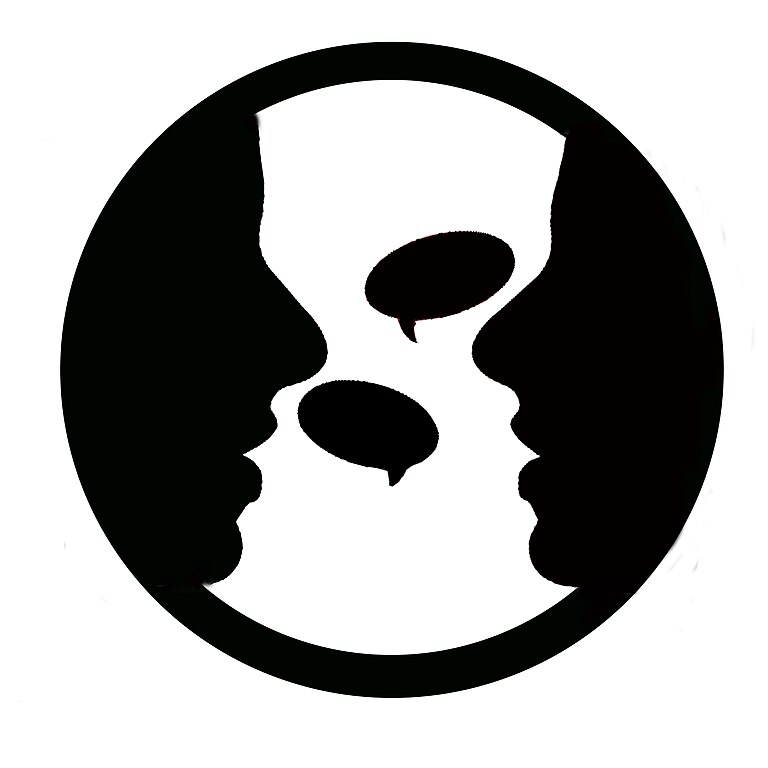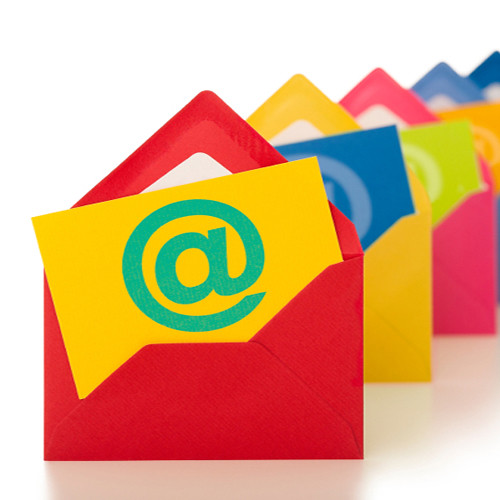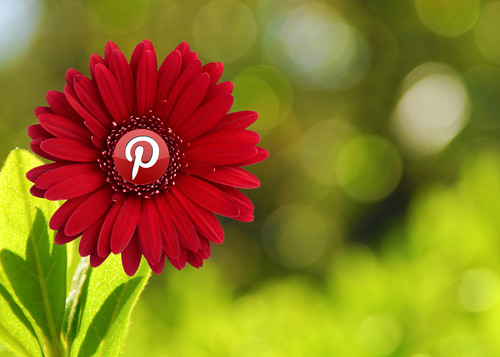If you want to get more followers, you have to follow more people. It's one of the basic tenants of Twitter that everyone knows, but it still leaves so much to desire. Like, who the heck should you be following?
It's not as easy as you might think to find people who are into books on a site that's driven by misspelled words, random phrases, and very little punctuation. Go figure. But don't worry: I have the answer. Let me tell you who you should follow on Twitter, and you can put an end to your weird hashtag searches.
A Follow for a Follow
Following people on Twitter is only effective if you're following specific targets. Just start following anyone you can find, and your account will get flagged for spam -- and you won't gain that many more followers, to boot. You can follow random people if you like, but the whole point is that you want to sell books. So apply a bit more strategy, and you'll get a lot more results.
- Books. Twitter is chock-full of book lovers of all kinds. Search for book blogs, book bloggers, review blogs and book lovers. These phrases will yield a ton of positive results.
- Genre. Do you primarily write in a specific genre? Search for it. I follow all kinds of people with YA and mystery in their Twitter profiles.
- Age group. Do you write children's books? YA novels? Adult novels? Search by age group, not just by genre, to get more readers. For example, I search for stuff that teens are into (like One Direction). Adults are more likely to be interested in news and politics, while young kids are into certain TV shows (do they still have Sesame Street?). Use your knowledge of your target age group to search for music, TV shows, actors and books that you audience is likely interested in, and start searching.
- Followers. Don't limit yourself to keyword searches on Twitter. Seek out popular accounts that are likely to be followed by your audience. My books contain a lot of stuff about fashion for younger people, so I might follow people who follow Seventeen magazine. Look for popular accounts, look at their followers, and get to work.
Twitter helps you discover new accounts to follow, but you have to do some of the work on your own. Search for followers of popular accounts, use keywords and target your searches to the people who are most likely to read your book. Follow new people every single day to get more followers, and sell more books.







